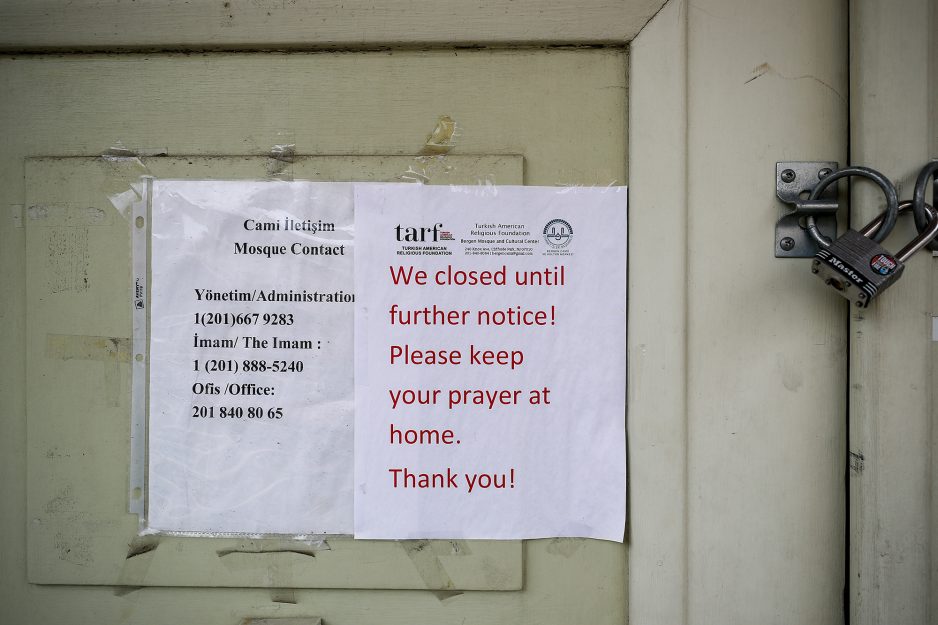
Closed Mosques Mean Many Are Going Without Food During Ramadan
May 4, 2020Throughout the month of Ramadan, Muslims who are able fast from dawn to sunset. For many, the hardest part of Ramadan is not the physical fast itself but finding food for iftar — the nightly meal breaking it. Often, iftars are pictured as giant meals with plenty of fresh, juicy fruit and deep-fried foods like sambusa to share with your family or friends, but that’s not an option for everybody. Numerous times, I would not have been able to break my fast with more than some basic ramen if it wasn’t for a local masjid providing nightly iftars.
I’m not alone: A 2018 study from the Institute for Social Policy and Understanding found that one-third of Muslims in America are at or below the poverty line. In fact, Black Muslim households are more likely than any other racial group to earn less than $30,000 a year. Of course, Muslims are feeling the economic impacts of the coronavirus crisis, such as soaring unemployment. However, the pandemic is also changing how Muslims will practice their faith. This year, Muslims in the United States must adapt to a Ramadan under the shadow of the novel coronavirus.